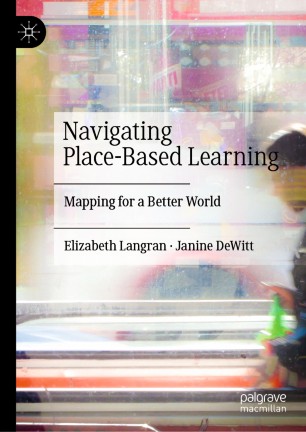

Most ebook files are in PDF format, so you can easily read them using various software such as Foxit Reader or directly on the Google Chrome browser.
Some ebook files are released by publishers in other formats such as .awz, .mobi, .epub, .fb2, etc. You may need to install specific software to read these formats on mobile/PC, such as Calibre.
Please read the tutorial at this link: https://ebookbell.com/faq
We offer FREE conversion to the popular formats you request; however, this may take some time. Therefore, right after payment, please email us, and we will try to provide the service as quickly as possible.
For some exceptional file formats or broken links (if any), please refrain from opening any disputes. Instead, email us first, and we will try to assist within a maximum of 6 hours.
EbookBell Team

4.4
52 reviewsThis book explores how educators can realize the potential of critical place-based pedagogy. The authors’ model leverages the power of technology through strategies such as mobile mapping so that students can read the world and share spatial narratives. The same complexity that makes spaces outside the classroom ideal for authentic, purposeful learning creates challenges for educators who must minimize students taking wrong turns or reaching dead ends. Instructional design process is key and the authors offer exemplars of this from multiple disciplines. Whether students are exploring a local community or a natural environment, place-based inquires must include recognition of privilege and the social dynamics that reinforce inequalities. Concluding with a discussion of the changing social context, the authors highlight how contemporary events add a sense of urgency to the call for a critical place-based pedagogy—one that is more inclusive for all students.